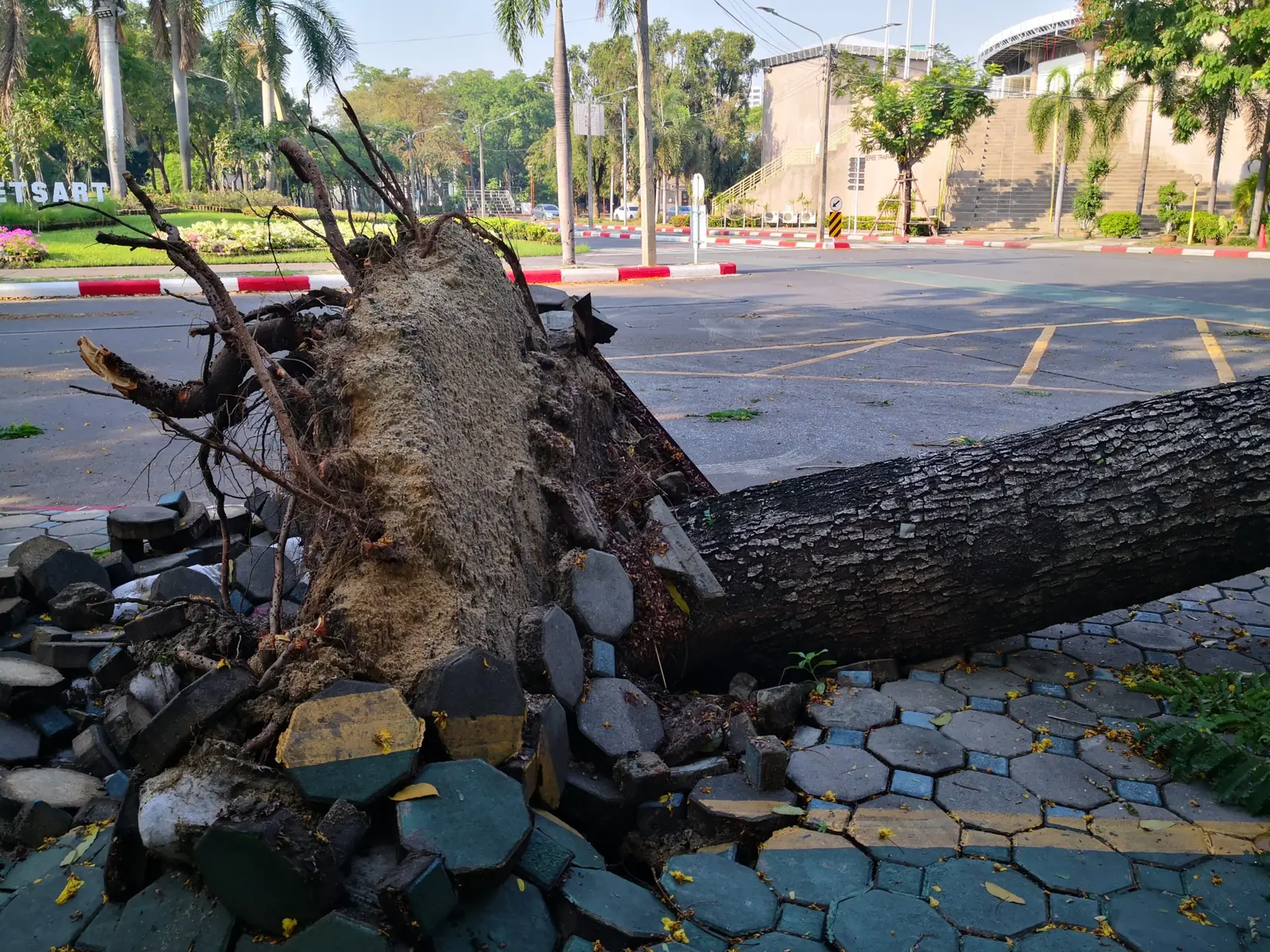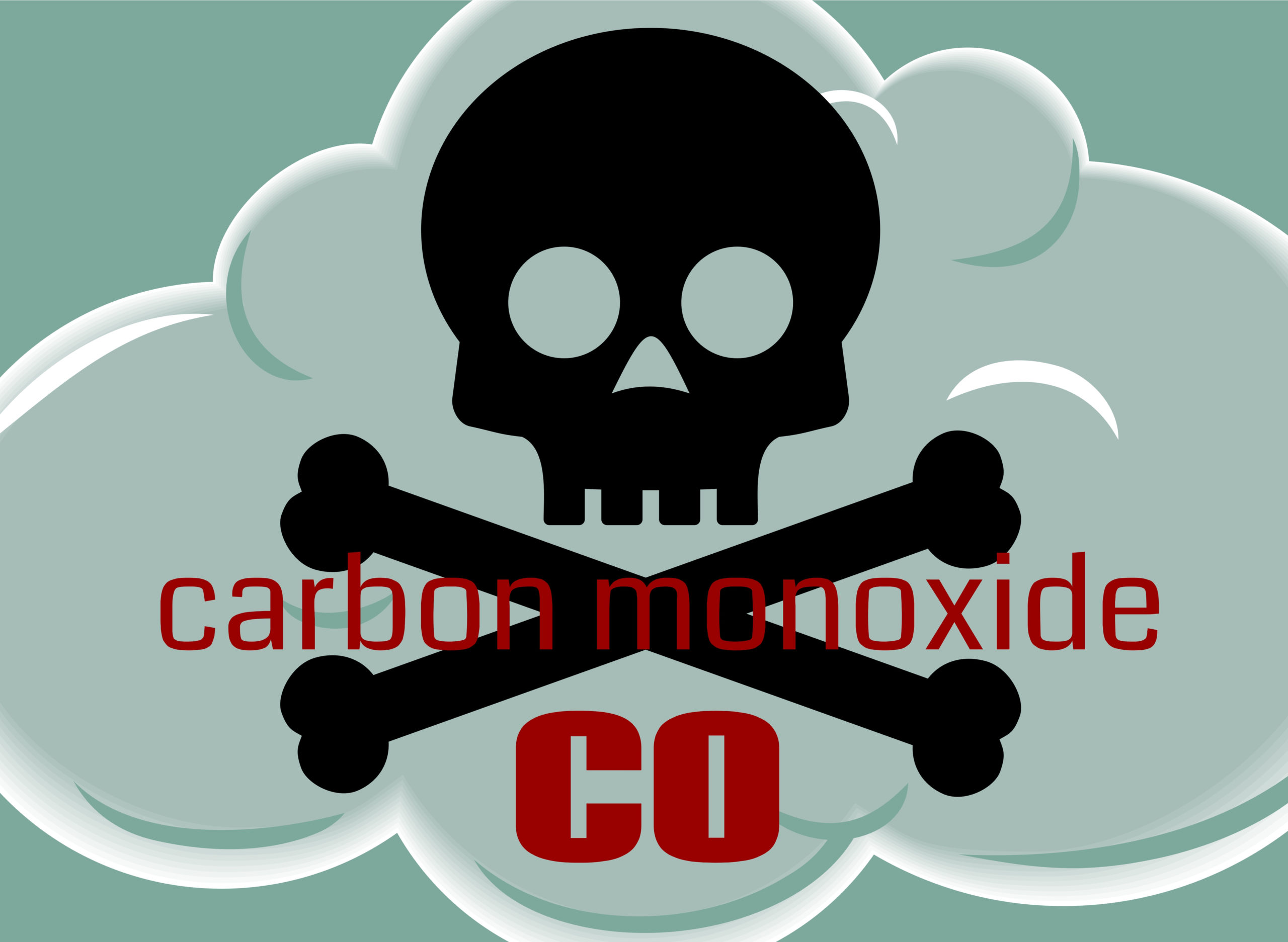
Deadly Hazards to Avoid After a Storm
Heavy rain, high-speed winds, and lightning all present major safety hazards during a thunderstorm—but storm safety doesn’t end when the sun comes out. According to the Consumer Product Safety Commission, storms can cause damage to certain household items that you should avoid after a big thunderstorm.
Protect yourself from these dangers after the storm clears:
House fires
More than 22,000 fires per year are caused by lightning strikes, causing over $450 million in property damage, according to the National Fire Protection Association. Lightning-caused fires are most common in the summer months and in the late afternoon to early evening. But after the sky is clear, fires are still a major hazard for many homeowners. When the power goes out, many families light candles to find their way around. Instead, use flashlights or battery-powered lanterns to avoid house fires.
Electrocution
Flash floods are the No. 1 cause of storm-related deaths, with more than 140 deaths each year. But even when rain is not severe enough to cause flooding, water coming into contact with electrical equipment can be just as dangerous. When outside, be sure to avoid downed wires and anything they are touching to minimize the risk of electrocution. Avoid puddles or other standing water that comes into contact with electrical equipment or covers electrical outlets. Portable generators should only be used with undamaged, outdoor electrical cables. If appliances or other electrical equipment come into contact with rainwater, do not attempt to use them; have a professional technician inspect the equipment and clear it for use first.
Carbon monoxide poisoning
Carbon monoxide poisoning accounts for 15,000 emergency room visits and hundreds of deaths every year, and 77 percent of carbon monoxide exposure cases occur in the home. Simple precautions can greatly reduce the risk of accidental exposure, especially after a storm. Charcoal grills, camp stoves, and portable generators should be used in proper conditions to avoid carbon monoxide poisoning. Move equipment at least 20 feet away from windows, doors, and vents. Installing a carbon monoxide detector on each level of your home can help keep you and your family safe from leaks and poisoning.
Gas explosions
If you smell or hear gas leaking after a storm, avoid using all electrical equipment—including phones and lights. Immediately put out all smoking materials and open flames, and refrain from using any appliances. Leave the house immediately and call 911 from a neighbor’s home or another building a safe distance away. Protect yourself from gas explosions by avoiding appliances and gas cylinders that have been covered by water, and be sure to have a professional check for damage and leaks before using the equipment. Do not keep gas cylinders in enclosed areas, such as basements, garages, sheds, or tents.
The best way to stay safe is to have an emergency plan ahead of time. Sit down with your family to ensure everyone knows where to go and what to do in case of a storm-related emergency; identify gas and water shut-off valves, safe rooms, and safety guidelines to make sure the whole family knows what to avoid. Visit the Weather Channel website to read guidelines for developing a family preparedness plan.


















